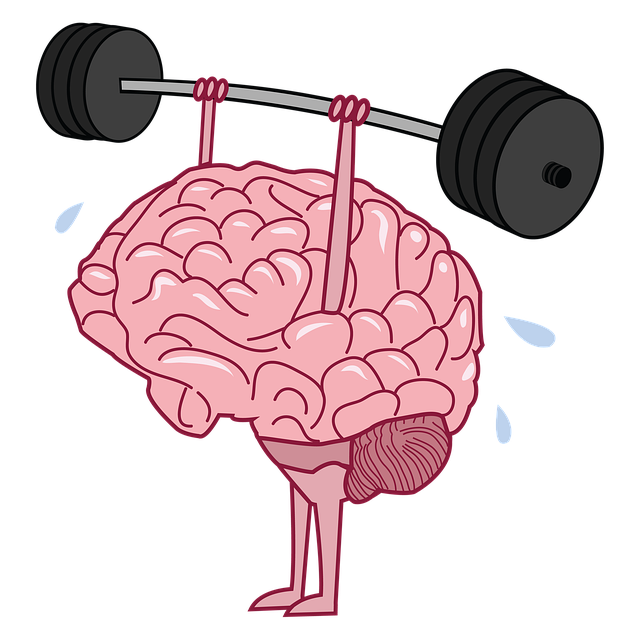Depression, a complex mental health disorder, can be prevented and managed through a multi-faceted approach. Arvada Sexual Addiction Therapy emphasizes identifying personal triggers, stress reduction, and proactive mental wellness practices like journaling and coaching. Lifestyle changes, professional guidance from specialized therapy services, and building supportive networks are key strategies. Self-care routines, combined with expert advice, empower individuals to navigate life's challenges, maintain emotional well-being, and avoid depressive episodes, reinforcing resilience through evidence-based coping mechanisms.
Depression is a prevalent condition affecting millions, but with proactive strategies, it can be prevented. This article guides you through a comprehensive approach to safeguarding your mental health. From understanding the triggers of depression and its impact to adopting lifestyle changes that promote well-being, we explore evidence-based practices. We delve into the effectiveness of therapy, particularly Arvada Sexual Addiction Therapy, in preventing relapses. Additionally, building a supportive network and incorporating self-care practices will enhance your resilience against this formidable illness.
- Understanding Depression and Its Triggers
- Lifestyle Changes for Better Mental Health
- The Role of Therapy in Preventing Depression
- Building a Supportive Network
- Self-Care Practices to Foster Resilience
Understanding Depression and Its Triggers

Depression is a complex mental health disorder that significantly impacts an individual’s daily life and overall well-being. It’s crucial to understand its underlying causes and triggers to effectively prevent and manage it. In many cases, depression stems from a combination of genetic predisposition, biological factors, environmental stressors, and psychological vulnerabilities.
Identifying personal triggers is essential in Arvada Sexual Addiction Therapy, as it helps individuals recognize patterns and develop tailored prevention strategies. Common triggers include stressful life events, such as relationship problems, financial difficulties, or major changes like moving or losing a job. Chronic stress, especially when left unaddressed, can also lead to depression. Incorporating stress reduction methods, engaging in regular Mental Wellness Journaling Exercises, and exploring Mental Wellness Coaching Programs can empower individuals to proactively manage their mental health and prevent depressive episodes.
Lifestyle Changes for Better Mental Health

In the quest to prevent depression, lifestyle changes play a pivotal role in enhancing mental wellness. Incorporating regular exercise and maintaining a balanced diet are evidence-based strategies that can significantly improve one’s mood and overall well-being. The release of endorphins during physical activity acts as natural antidepressants, while proper nutrition supports brain health and stable energy levels. Additionally, prioritizing quality sleep is crucial; adequate rest allows the body to recharge and consolidate memories, contributing to better emotional regulation.
Beyond these basics, seeking professional guidance, such as those offered by Arvada Sexual Addiction Therapy, can be transformative. Mental wellness coaching programs and journaling exercises promote self-reflection and positive thinking—key components in building resilience against depressive episodes. Cultivating a consistent practice of mindfulness and setting achievable goals further fortifies an individual’s mental arsenal, ensuring they navigate life’s challenges with enhanced coping mechanisms.
The Role of Therapy in Preventing Depression

Depression is a complex condition that often requires professional intervention to prevent and manage effectively. One of the primary tools in a holistic approach to mental health awareness is therapy, which plays a pivotal role in depression prevention. Arvada Sexual Addiction Therapy, for instance, offers specialized services aimed at addressing underlying issues contributing to depressive episodes, especially those linked to sexual addiction or compulsive behaviors.
The effectiveness of therapy lies in its ability to foster compassion cultivation practices and stress management skills. Through structured sessions, individuals can learn coping mechanisms tailored to their unique experiences. These evidence-based methods empower clients to navigate life’s challenges without resorting to unhealthy habits. Additionally, engaging in regular therapy provides a safe space to explore emotions, thoughts, and behaviors, ultimately leading to personal growth and enhanced well-being. Organizations dedicated to mental health awareness recognize the value of such therapeutic interventions, often incorporating them into stress management workshops to equip individuals with powerful tools for preventing depression.
Building a Supportive Network

Building a strong support network is an essential aspect of depression prevention and managing mental wellness. This includes fostering meaningful relationships with family, friends, and peers who can offer unwavering support during challenging times. For individuals in Arvada or seeking Sexual Addiction Therapy, connecting with like-minded people who understand their struggles can be transformative. Support groups, either locally or online, provide a safe space to share experiences, gain different perspectives, and build a sense of community, which are all vital components in preventing and overcoming depression.
Additionally, crisis intervention guidance from mental health professionals plays a crucial role in risk management planning. They can teach individuals coping strategies tailored to their unique needs, helping them navigate stressful situations without resorting to unhealthy behaviors or thoughts that may exacerbate depression. By combining these support systems with professional guidance, individuals can develop resilience and build a strong foundation for maintaining good mental health.
Self-Care Practices to Foster Resilience

In the pursuit of depression prevention, self-care practices are instrumental in building resilience. Developing a robust self-care routine involves integrating activities that nourish both mind and body. This might include regular physical exercise, sufficient sleep, and engaging in hobbies or creative outlets. Additionally, mindfulness practices such as meditation or deep breathing exercises can significantly enhance emotional well-being by teaching individuals to stay present and regulate their reactions to stressful situations.
Integrating these strategies into daily life, especially with the support of Arvada Sexual Addiction Therapy, can foster a sense of control and improve mood management. By prioritizing self-care, individuals can better navigate challenges, reduce the impact of stress, and ultimately build a strong foundation for mental health. This proactive approach, combined with effective stress management techniques, contributes to preventing depressive episodes and promoting overall resilience.
Depression prevention is a holistic process that involves understanding and managing personal triggers, adopting healthier lifestyle habits, seeking professional therapy, and building a robust support network. By integrating self-care practices, individuals can enhance their resilience to stress and emotional challenges. For those in Arvada, sexual addiction therapy has proven effective in addressing underlying issues contributing to depression, offering a transformative path towards improved mental health and well-being.














